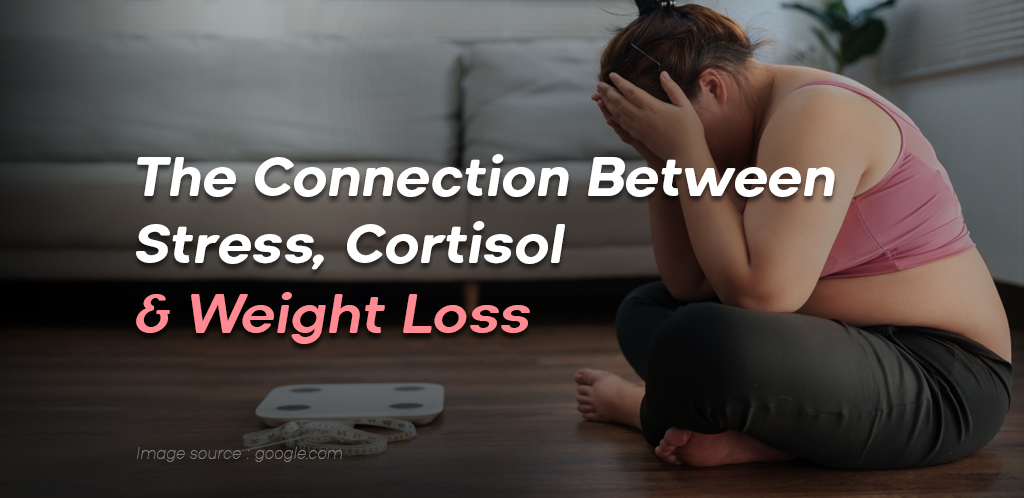
Stress and cortisol, the "stress hormone," have a profound impact on weight loss. When we're stressed, our bodies produce more cortisol, leading to:
Increased appetite and cravings for comfort foods
Storage of fat, particularly in the midsection
Slowed metabolism and weight loss
Difficulty losing weight, even with diet and exercise
Cortisol increases appetite and cravings for comfort foods, leading to consuming more calories. It also promotes fat storage, particularly in the midsection, making it challenging to lose weight around the belly. Additionally, cortisol slows down metabolism, making it even harder to shed pounds.
Managing stress and cortisol levels is crucial for successful weight loss. Try stress-reducing techniques like meditation, yoga, or deep breathing exercises to help regulate cortisol and support your weight loss journey.
The Connection Between Stress, Cortisol & Weight Loss
Stress and cortisol, the "stress hormone," have a profound impact on weight loss. When we're stressed, our bodies produce more cortisol, leading to a series of physiological changes that hinder weight loss efforts. Cortisol increases appetite and cravings for comfort foods, leading to consuming more calories. It also promotes fat storage, particularly in the midsection, making it challenging to lose weight around the belly. Additionally, cortisol slows down metabolism, making it even harder to shed pounds.
Engaging in stress-reducing activities like meditation, yoga, or deep breathing exercises can help regulate cortisol and support weight loss. By addressing stress and cortisol, individuals can overcome a significant obstacle to achieving their weight loss goals and maintain a healthier weight for the long term.
By acknowledging the connection between stress, cortisol, and weight loss, individuals can take a more holistic approach to their weight loss journey.